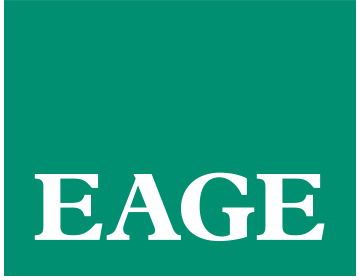The 2022 membership renewal window is now open. Regular, retired and student members of EAGE can now secure their membership for next year – as well as upcoming years.
Special offer new members
New or returning EAGE members joining now will secure membership up to 31 December 2022. This means you will get up to three months of EAGE membership for free!
EAGE membership allows you to tap into a wealth of resources and perks, including access to recent publications in EarthDoc, First Break and registration discounts for meetings and education.
Curious minds can learn more at EAGE.org/welcome
What’s new
From 1 October onwards we are introducing the new EAGE membership fee structure. Regular membership of EAGE will cost €80,–, retired membership €40,–. Student membership fees will remain unchanged at €25,–.
Parallel to the new fee structure we are also introducing a brand new element to our hardship programme: the membership fee discount. This 50% discount application will be available to all new and renewing members who are unable to pay the regular membership fees.
You can apply for the discount within the membership application itself. Applicants are asked to provide a short statement, and we aim to process each application within two weeks.
Green Fund & EAGE Student Fund support
During your renewal it is also possible to make a donation to the Green Fund and the EAGE Student Fund. Through our funds, we support our student activities such as the Laurie Dake Challenge, Minus CO2 and our student chapter activities.
During the 2021 renewal window the community was able to raise EUR 7 000,– for the two funds. An amazing number, thank you all for your donations!






